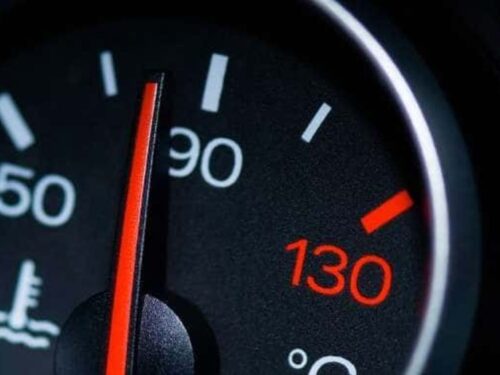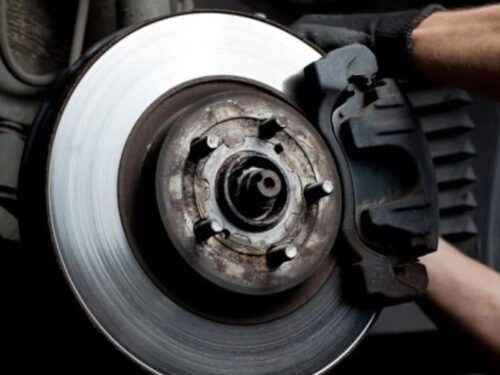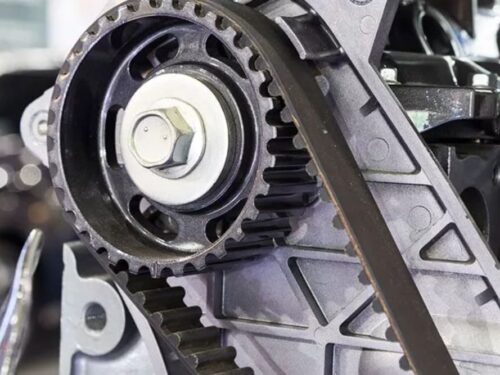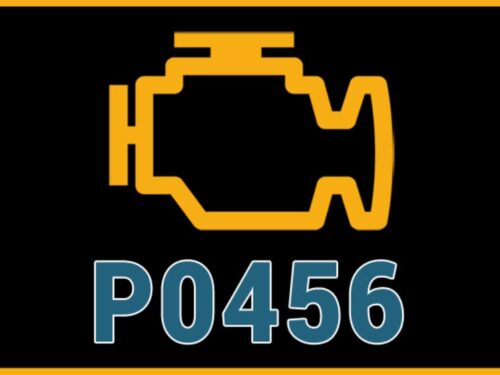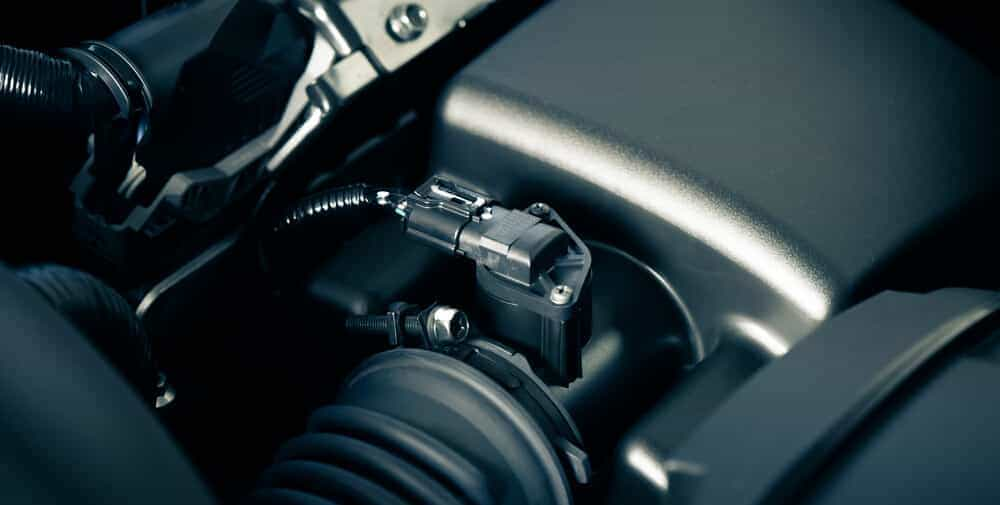
Dealing with a malfunctioning mass airflow sensor (MAF) can be quite frustrating. A damaged MAF can affect the performance of your vehicle and make it risky to drive on the road. So, it is important that you get it repaired by a professional automotive repair and services company as soon as possible.
However, if you want to do some basic troubleshooting yourself, you will need to know how a MAF sensor works.
How A Mass Airflow Sensor Works
A MAF sensor is part of your car’s electronic fuel injection system and checks the amount of air that enters the engine. A malfunctioning MAS can cause your vehicle to jerk when accelerating, your tailpipe to eject black smoke, or make your exhaust system backfire. It will also increase your fuel consumption.
MAF sensors are located between the body of the throttle and the air filter. Most vehicles have a platinum hot wire MAF sensor. The microprocessor inside the sensor is responsible for measuring the air entering the engine and maintaining the temperature of the hot wire 200 degree Fahrenheit above the air entering the engine.
The system then calculates the energy needed to maintain the sensor and send it to the powertrain control module. The PCM is responsible for controlling the injectors, thereby delivering the right amount of fuel proportionate to the airflow, which is important for the ideal performance of your engine.
Now let’s take a look at some of the major symptoms of a bad mass airflow sensor.
Symptoms of a Malfunctioning MAF
Let’s take a look at some of the symptoms of a malfunctioning sensor.
CHECK ENGINE LIGHT TURNS ON
The engine control unit is responsible for the full-time monitoring of all the sensors in your car engine to ensure everything is working as it should. If even a single sensor sends a wrong signal, it will illuminate the check engine light.
If you have a malfunctioning MAF sensor, the check engine light will turn on as well.
REDUCED ACCELERATION
A faulty MAF sensor will result in a less-than-ideal air fuel mixture, which can cause problems in your car. A car that is unable to accelerate fully may be due to an issue with the air-fuel mixture.
JERKY ACCELERATION
A faulty air-fuel mixture can also make your ride jerky, particularly when you try to accelerate. This is caused by an air-fuel mixture that is “too lean,” which does not provide your car the proper amount of food it needs to accelerate quickly and smoothly.
BLACK SMOKE
On the other hand, if the air-fuel mixture is rich, or if there is too much fuel in comparison with the air, it can result in rough idling, increased fuel consumption, and black smoke coming out of the exhaust pipe.
HARD STARTING
If you notice that your car doesn’t start easily in the mornings, it may be due to a bad MAF sensor. Car engines are sensitive to the right proportion of fuel and air in the engine during the start moment. If the air-fuel mixture is too rich or too lean, your car may not start at all or crank longer.
ROUGH IDLE
Your engine is in a sensitive situation when your car is idle. This is the reason why many people notice problems with their ignition or airflow when the vehicle is idle.
If you notice that your idle has become tough or you are liable to stall, there may be a chance that your MAF sensor is malfunctioning.
MISFIRES
If one or more of your vehicle’s cylinders fail in combusting the fuel, it can result in misfires. To burn the fuel efficiently, the engine needs the correct air-fuel mixture, a combustion, compression, and exhaust. Hence, if the air-fuel mixture is too rich or too lean, it may cause one or more of the cylinders to not ignite, and this will cause an engine to misfire.
CHANGES IN FUEL CONSUMPTION
The wrong air-fuel mixture can lead to your fuel consumption either going up and down.
Although it may appear to be a good thing that your fuel consumption is going down, it is not since it can damage your engine and result in an expensive repair.
Troubleshooting a Mass airflow Sensor
Now that you have some idea of what a mass airflow sensor does and some of its malfunctioning systems, let us understand how you can test the sensor.
- Connect an OBD2 scanner and look at the live data from the mass airflow sensor at idle. It should be 0 mg.
- Start your car and check the numbers of your sensor again. The values should go up when you rev the car engine and go down when you reduce the RPM. However, if the value remains stable on both these actions, there is something wrong with the MAF Sensor or your scanning tool.
- Check the car’s repair manual to measure the sensor and its wiring.
- If the wirings are faulty, you need to repair them. If the MAF sensor is faulty, you need to clean or replace it.
Cleaning Your Car’s MAF Sensor
A lot of times, you will find that a malfunctioning mass airflow sensor is due to an accumulation of dirt and debris on the sensor head. This means the sensor is unable to take the correct readings and result in the poor performance of the sensor.
If this is the reason, then you can easily clean the MAF sensor. Simply remove the sensor head from the MAF system and clean it with an electronic cleaner or a special cleaner made for the sensor.
Once that is done, your sensor will start working just fine.
Replacement Cost of the MAF Sensor
Depending on the make and model of your car and labor associated with it, it can cost you anywhere between $140 and $550 to replace an MAF sensor. Even the sensor alone is quite expensive and can go easily up to $400 alone.
Fortunately, replacing an MAF sensor is quite easy and can be done within 10 minutes for most car models.
You can easily replace an MAF sensor if you know basic car repair skills. However, keep in mind that you need to be sure that you have replaced the sensor the right way. If you are unsure of your ability to DIY this, we strongly recommend you hire the services of an experienced auto repair service rather than make a mistake.
Can You Drive Your Car with a Bad Mass airflow Sensor?
A malfunctioning mass airflow sensor can cause a lot of issues for your car engine so it is not a good idea – or a safe one – to drive with it. However, if you do not detect any serious issues with your engine and it seems to be running fine, you can drive your car slowly and carefully to an experienced auto service without incident.
Courtesy of paautoinspection


